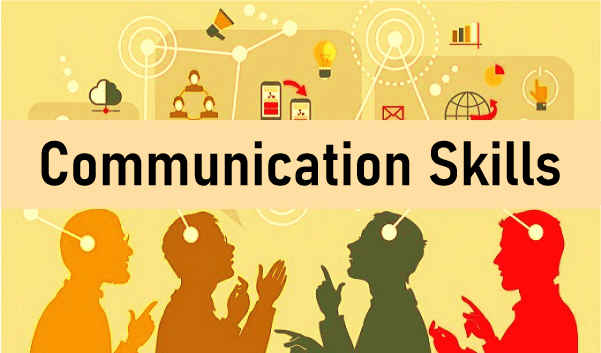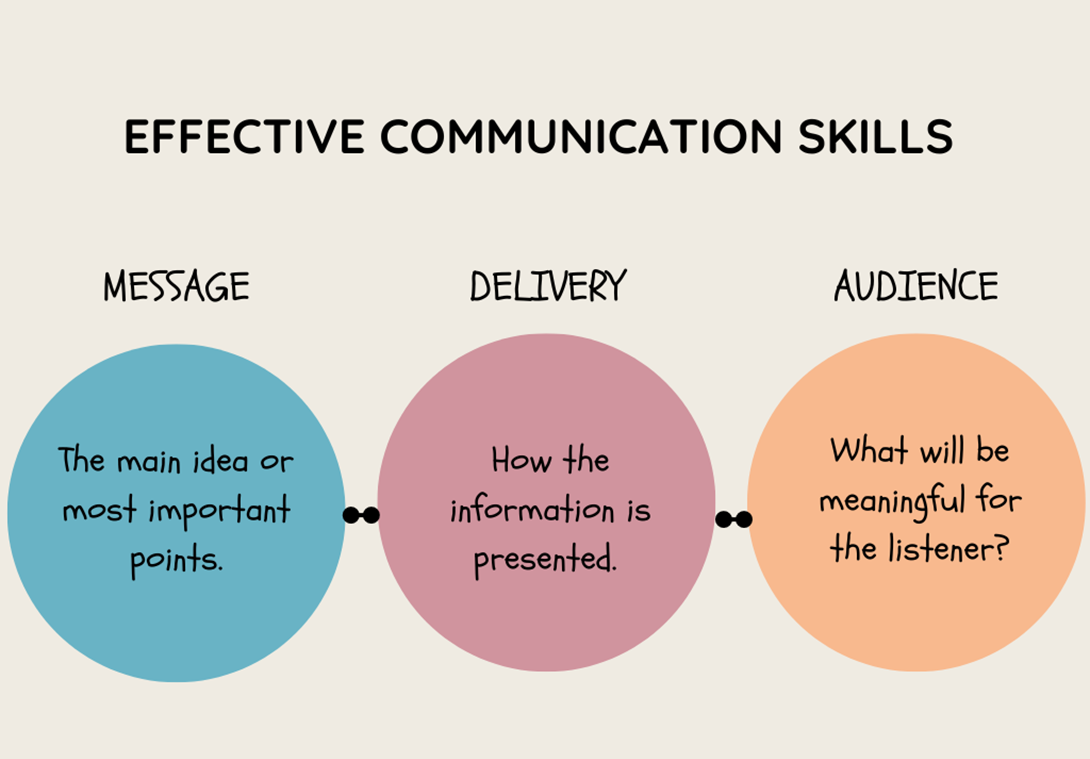EFFECTIVE COMMUNICATION SKILLS FOR UPSC PREPARATION

The UPSC Civil Services Examination (CSE) isn't just about memorising facts. It's about showcasing your potential as a future leader. And at the heart of this potential lies effective communication. From crafting clear essays to confidently expressing yourself in the interview, strong communication skills are essential throughout your UPSC journey. This comprehensive guide will equip you with the tools and strategies to excel in this crucial area.
Building a Strong Foundation
- Clarity and Concision: Visualise your writing and communication as a laser beam, focused exactly on the point. Remove unrelated terms that may confuse the examiner, as well as grammatical errors that can harm credibility.
- Structure and Organisation: Don't simply drop information. Structure your views rationally, applying clear introductions, well-developed arguments supported by evidence, and strong conclusions in both writing and speaking.
- Vocabulary Powerhouse: A rich vocabulary enables you to communicate complex thoughts with clarity. Read widely from various sources, including newspapers, academic journals, and well-written literature. Learn new terms every day and actively use them in your communication.
Sharpening Your Writing Skills
- Answer Writing Practice: Regularly practise answering questions in the UPSC format. Get familiar with the word restrictions for every query type and structure your answers accordingly. Focus on utilising relevant keywords and delivering well-rounded arguments backed up by figures and facts.
- Essay Writing Mastery: You should not be afraid to write an essay. Practise answering a wide range of UPSC syllabus-related questions. Create solid theses, logical arguments, and relevant examples and case studies to support your claims.
- Readability for the Win: Remember, the examiner must understand your brilliance. Ensure that your work is grammatically correct, easy to read, and properly formatted. Use correct sentence structure, punctuation, and clear paragraphing to provide a natural flow.
|
The ability to weave a compelling narrative can significantly enhance your communication effectiveness. Practice crafting clear and concise stories that highlight your points, engage the listener, and leave a lasting impression.
|
Enhancing Verbal Communication
- Clarity is key: Speak clearly and precisely. Pronounce your words correctly, avoid speaking too quickly, which might make you sound hasty, and keep a reasonable tempo for easy understanding.
- Mock Interviews: Treat mock interviews as essential practice sessions. Practice answering difficult questions, maintaining calm under pressure, and replicating the actual UPSC interview. Receive comments on your body language, confidence level, and clarity of communication.
- Public Speaking for Confidence: Stepping outside of your comfort zone can be really useful. Join public speaking clubs or debates. This will not only improve your pronunciation but also give you the confidence to explain yourself clearly in front of an audience.

The Art of Listening
- Active Listening: Active listening extends beyond merely remembering sounds. Concentrate closely on what the speaker is saying. Make eye contact, smile occasionally to indicate understanding, and ask questions to clarify to show your attentiveness and understanding of the subject.
- Understanding the Subtext: Don't only listen to the words; also analyse the deeper meanings and intentions. Pay attention to the speaker's tone, facial expressions, and body language to gain a comprehensive understanding.
- Summarising Effectively: Summarising significant ideas from lectures, conversations, or mock interviews allows you to demonstrate your knowledge and critical thinking.
Mastering Body Language
- Maintain appropriate eye contact while speaking and listening. This projects confidence, attentiveness, and genuine interest in the conversation.
- Maintain good posture, use confident gestures that reinforce your points, and have a welcoming facial expression that invites interaction.
- Avoid using excessive or distracting gestures that can deflect from your message. Use natural hand gestures to highlight important ideas, but avoid fumbling or nervous movements.
Steps to Elevate Your Communication Skills:
- Surround yourself with good communication. Watch informative talks and presentations by subject matter experts. Analyse how they structure their arguments, use visuals, and connect with the audience. Pay attention to the way they use pauses, vary their tone, and project confidence.
- There are many resources available online to help you improve your communication skills. Use online courses, tutorials, and even language learning apps to target specific weaknesses, like pronunciation or grammar.
- Partner up with a friend or fellow UPSC aspirant and practise your communication skills together. Take turns giving mock presentations, conducting mock interviews, and providing constructive feedback on each other's communication style.
- Record yourself delivering answers or practising mock interviews. Listening back allows you to pinpoint areas for improvement in pacing, articulation, or body language.
- Observe how successful candidates communicate in interviews and written answers. Analyse their use of language, structure, and body language to gain valuable insights.
- Don't be afraid to ask mentors, teachers, or peers for constructive feedback on your communication skills. This external perspective can help you identify blind spots and areas for improvement.
|
Remember, communication is a lifelong journey, not a destination. By actively following these strategies and continually working for improvement, you can turn your communication skills into a powerful asset that will definitely set you apart in the UPSC exam and beyond.
|
Mastering effective communication skills requires consistent effort, practice, and continuous improvement. By incorporating these strategies into your UPSC preparation routine, you can enhance your communication abilities and maximise your chances of success in the UPSC examination, particularly during the interview stage. Remember, effective communication is not just about conveying information but also about connecting with your audience and demonstrating your potential as a future Civil Servant.





